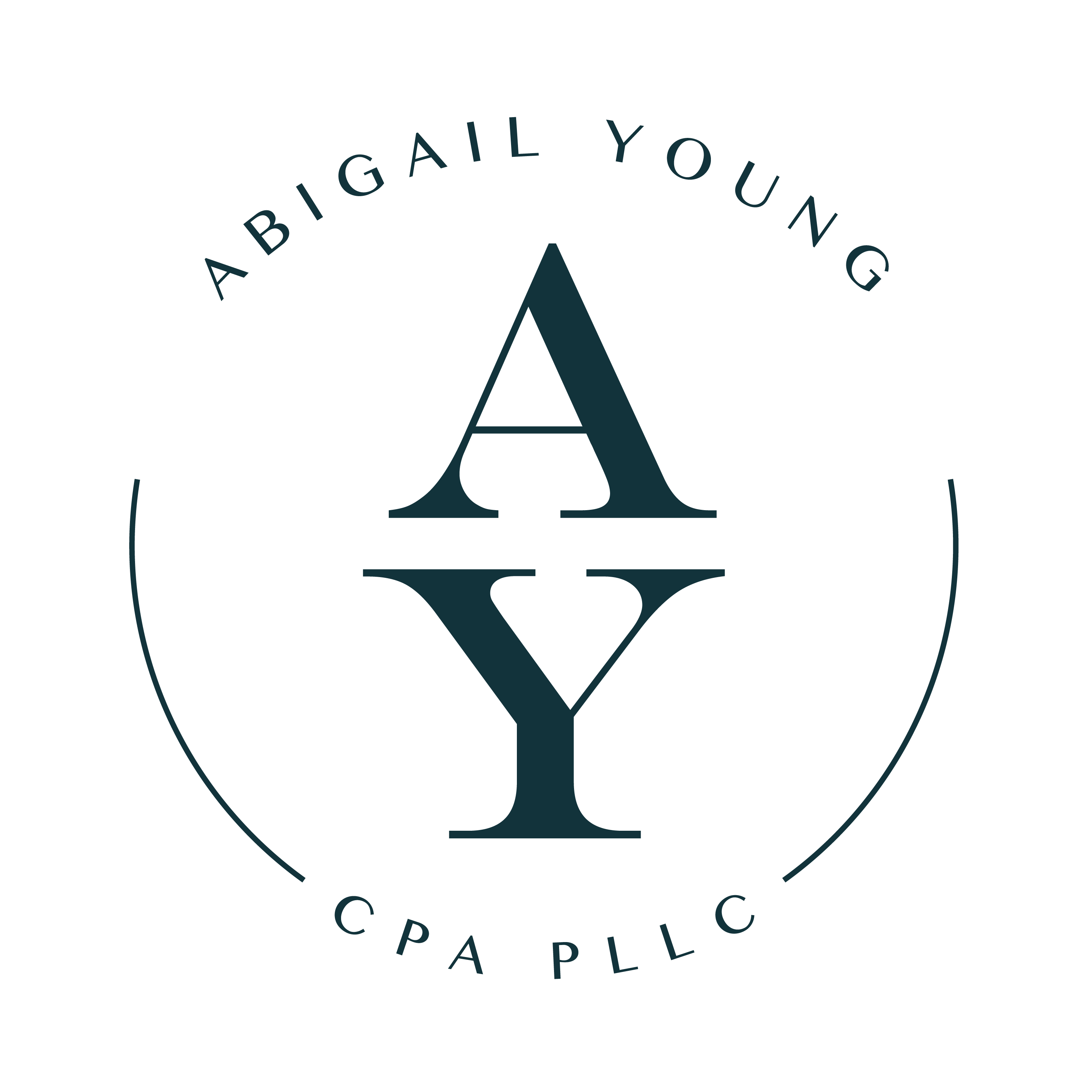A Brief 2018 Tax Return Guide for Small Business Owners
Small business owners should be aware of the variety of taxes they need to pay as required by the Internal Revenue Service.
The expert McAllen CPA, Abigail Y. Murray, wants to share some valuable tax information with small business owners just like you. The Tax Cuts and Jobs Act comes into play for your 2018 return, which may cause additional confusion and impact the way you need to report.
Your business could pay a number of different taxes depending on your business’s structure and certain criteria. The type of products and services you provide for customers will also impact what taxes you must pay.
To begin with, let’s start with the basics.
The 6 Types of Business Taxes
While there are a number of fees and costs associated with running a business, the major types of business-related taxes you will likely be responsible for paying include:
Income Tax
Small business owners must pay a tax on wages, investment income, and gains from property sales. Additionally, they must pay taxes on net income after all expenses. Businesses referred to as pass-through entities, such as LLCs or sole proprietors, will not pay a business income tax as they will report the business income on their personal tax return.
Employment/ Payroll Tax
Small businesses with employees must cover payroll taxes on their employees’ wages. These payroll taxes include federal income tax withholding, Social Security, Medicare taxes, as well as state taxes where required. A failure to file payroll taxes, or a late payment, can result in penalties.
Self-Employment Tax
Self-employed individuals are responsible for paying their own Medicare and Social Security Taxes.
Excise Tax
Excise taxes are attached to certain items – such as cigarettes – and the business owner must later calculate the sum of all excise tax and report it to the IRS.
Sales Tax
45 states in the U.S. levy sales tax. Business owners are responsible for calculating and reporting the sales tax to the government. All small business owners should be familiar with the local and state rules on sales tax.
Property Tax
Any small business owners that have commercial property, land, or brick-and-mortar properties must pay property taxes according to the county they reside in.
What to Know About Your 2018 Tax Return and Changes to Tax Laws in 2019
The new tax law will have a meaningful effect on your 2018 business tax return as well as your 2019 tax year. Some of the major changes will include:
- For sole proprietors and business owners with pass-through entities, you may be able to deduct 20% of qualifying income on your 2018 return. This tax rule has certain criteria that can get complicated, so it’s in your best interest to contact a qualified CPA to help you take advantage of this deduction.
- Businesses will be able to take advantage of the 100% bonus depreciation on qualifying assets that were purchased after Sept. 27, 2017. New and used assets with lives of 20 years or less can be depreciated. Improvements to commercial buildings may also qualify.
- In your 2018 tax return, you will no longer be able to write-off business-related entertainment costs. There’s still a level of uncertainty for client meals, so you’ll want to track these costs on a separate ledger.
- Changes to net operating losses will no longer be allowed as a carryback but can be carried forward indefinitely. They’ll also only be able to offset 80% of taxable income.
- Businesses that provide paid family or medical leave will receive credit in 2018 and 2019, depending on the amount paid during the time of leave. Ask your business CPA about the guidelines surrounding this credit.
- Individual taxpayers can deduct no more than $250,000 in losses while a couple in a joint return are limited to $500,000.
2019 Small Business Tax Rates
The 2019 tax rates will stand at:
- C-corporation – 21%
- Sole proprietors- 13.3%
- Small partnerships – 23.6%
- Small S-corporations – 26.9%
When to Pay Small Business Taxes in 2019
Small businesses usually pay the estimated tax amounts throughout the year on a quarterly basis. This quarterly payment is based on predictions for the entire year.
Business owners that expect to owe more than $1,000 in taxes must pay this quarterly tax. Payments will be deducted from the total liability at the end of the year tax return. Negligence in making proper or on-time federal tax payments can result in penalties and interest charges.
Tax Filing Dates and Deadlines to Remember for 2019:
- January 15, 2019 – First estimated quarterly payment due.
- January 31, 2019 – This is the 2018 W-2 filing date. One must be sent to the IRS and the other to the employee. This filing date might also apply to independent contractors under 1099. 1099 Copy A should be filed January 31 and given to the IRS.
- February 15, 2019 – Those filing for 1099-MISC must submit Copy B to the contractor by February 15, 2019.
- February 28, 2019 – This is the deadline for all filing for 1099-MISC that have no amount to report in box 7.
- March 15, 2019 – Deadline for S corporation (Form 1120-S) and partnership tax (Form 1065) return.
- April 15, 2019 – First estimated quarterly payment due. Deadline for personal tax return is also this day. April 15 is the deadline to file corporation tax returns (Form 1120).
- June 17, 2019 – Second Estimated Quarterly Payment due.
- September 16, 2019 – Third estimated quarterly payment due.
- November 1, 2019 – Begin making end-of-year tax moves to reduce your yearly income tax.
- December 31, 2019 – Last day for 2019 tax moves. Deadline for self-employed individuals to set up a 401k.
Get the guidance and support of a McAllen CPA for your 2019 small business taxes.
With all the responsibilities of running your business, you probably have enough on your plate already. Let the trusted accounting professionals at Abigail Y. Murray CPA, take care of your taxes to ensure precision and accuracy.
Trust in our international and small business tax services and contact us today at 956-800-5600 to get ahead of the game.


